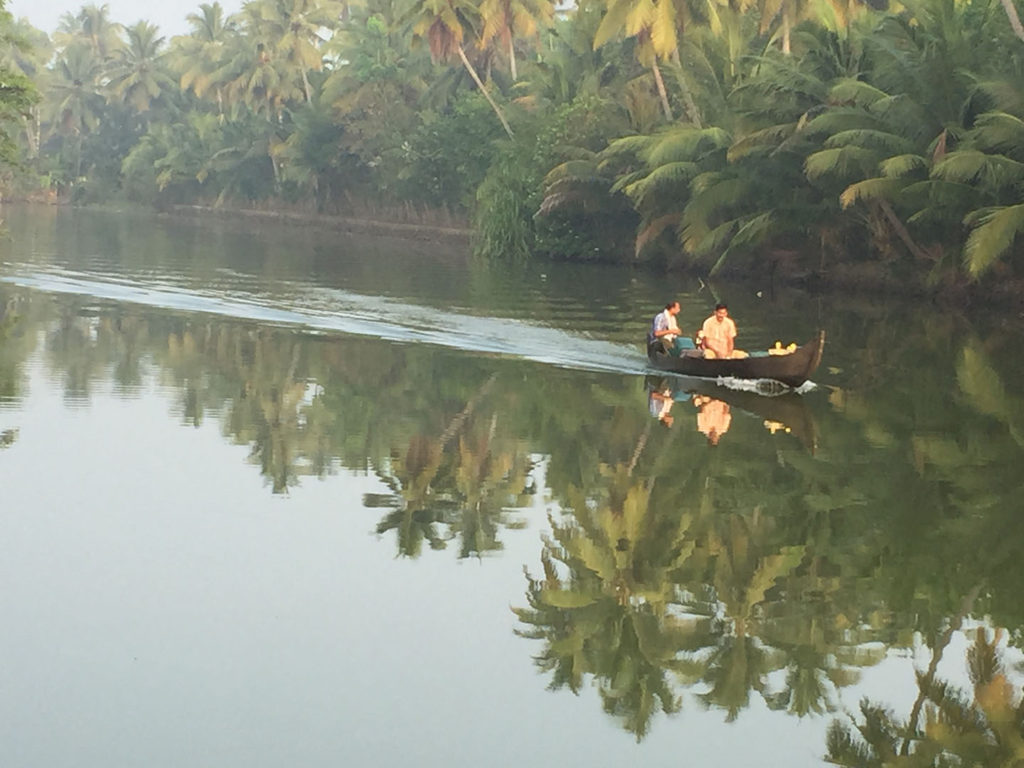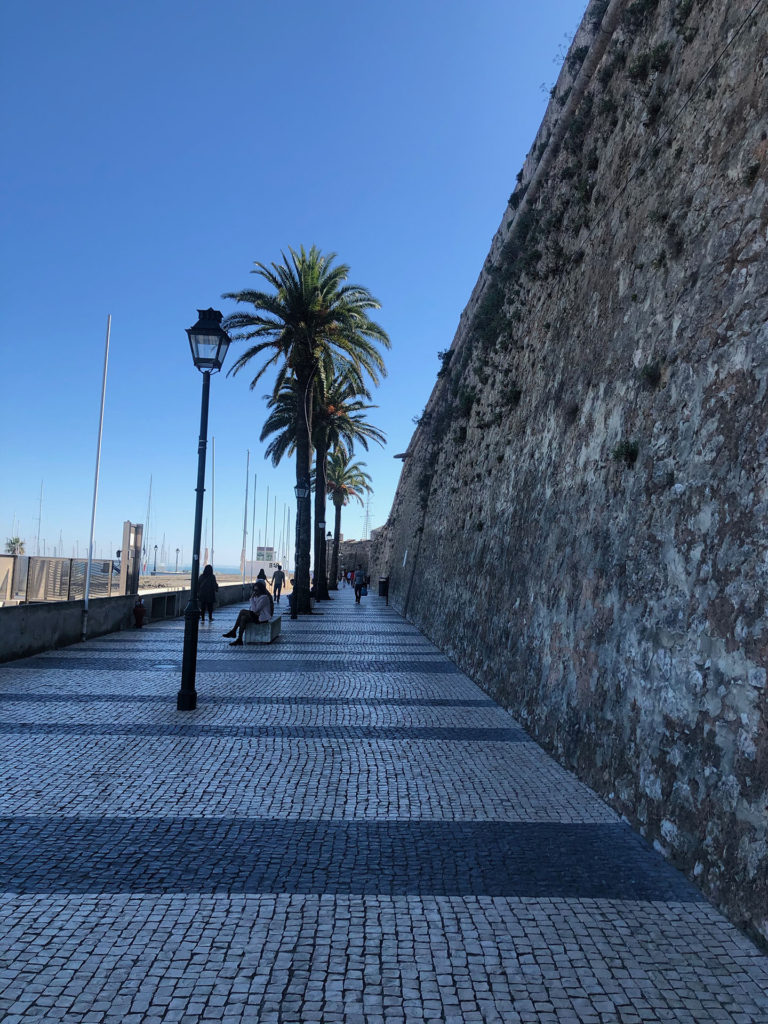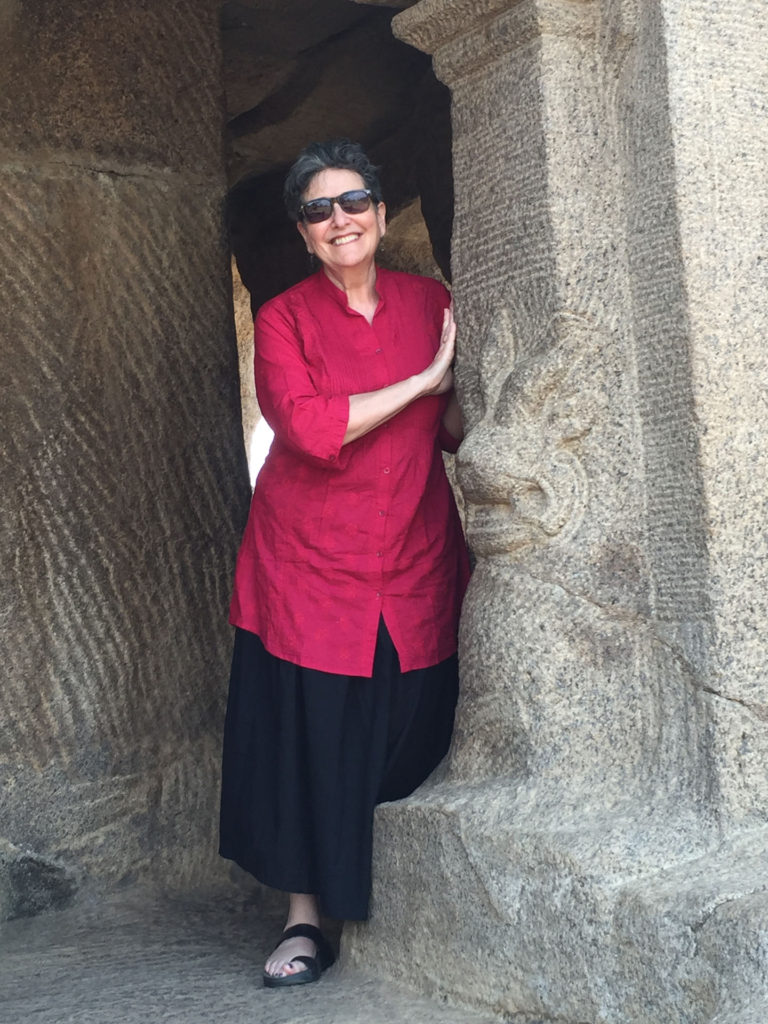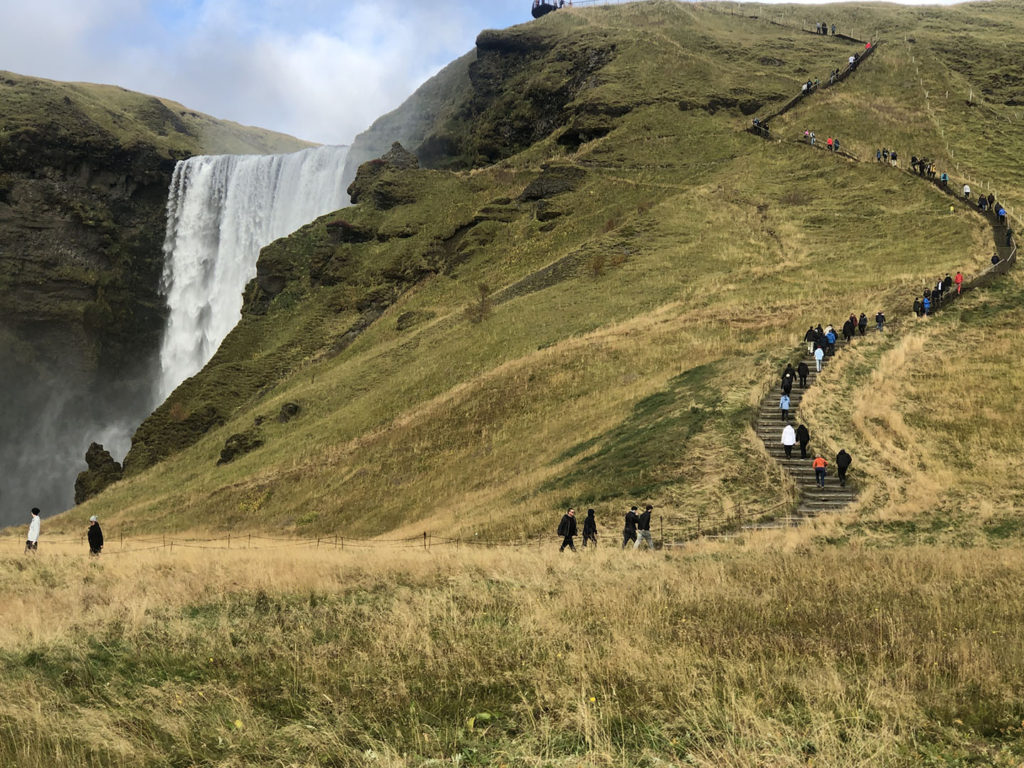
Your Body May Be Sequestered, But Your Mind is Free
What is a traveler to do with an unabated desire to see as much of the world as possible if borders are closed and all travel is cancelled? Until now our travels have been about experiencing the world. I am suggesting that perhaps travel can morph—at least temporarily—into not being about experience but about memory.
What is Episodic Memory?
Our brains are wired to experience something called episodic memory. Episodic memory, first named by Estonian experimental psychologist Endel Tulving in 1972, is what a person recalls about a specific event, and that recollection may be different from anyone else’s recollection of the same event.
According to Dr. Andrew E. Budson, professor of neurology at Boston University School of Medicine and lecturer in neurology at Harvard Medical School, episodic memory allows one to mentally time-travel back to a life episode and to relive it in vivid detail.
The concept of episodic memory is akin to what I describe as traveling in my mind. In the past, I could easily summon up a place, a smell, or a feeling on demand. Seeing a tree in the park could link to another tree in the Himalayas or in Spain or Bali. And while I often forget my neighbor’s name or the movie I saw last week, I never fail to dive into my memory bank to retrieve a person or place in my travels.

Memories of Travel Are More Easily Accessible
Our emotional response to travel plays a role in retrieving episodic memories. Lutz Jäncke, professor of neuropsychology at the University of Zurich, agrees. He did a survey (funded by Swiss National Airlines) about how travel memories differ from other memories and wrote, “We often retain travel memories all our lives, since they are often associated with very positive emotions…Travel and our travel memories have the power to shape our personality. We are what we remember, or, more precisely—we are what we remember about ourselves.”
Travel Writing Makes Memories Blossom
Some journeys I took when I was younger were more memorable than others, but I clearly remember all of them. I wandered through South America on my own in my 20s, hitchhiked through Europe in the 1970s, and traveled solo to India and throughout Southeast and East Asia. A few years ago I began to return to places I had once been to see them anew and to understand not only how a place may have changed, but also how I have.

While I kept diaries during my early travels, I had rarely written about what I experienced on later trips. A sea change came last year when I began to blog and write articles about past travels. While some of my recent writing has described particular places I have visited—like the best hot dog stand in Reykjavik, Iceland, or the brisk morning air on a tea plantation in Munnar, India, many more blogs and articles are about making sense of and finding meaning in places I haven’t been to in decades. A strong aid to remembering our past travels seems to be writing about them.
What will I remember about the trip to Portugal I took last month? I especially remember writing about it, seeing my photographs of the beauties of Sintra, Cascais, and Lisbon, and my continued communications with those who were with me there.
I will also remember the waterfall in Iceland from last October because of photographs of it and my memory of standing so near to it that I was bathed in cool droplets of water, and I will remember Sa Mesquida beach on the island of Menorca because it is where I returned last year after 40 years to revisit the house of a dear and departed friend. The fact that I shared the journey with my daughter and that I took photographs will further embed these memories in my soul.

Some Tips on Retrieving Past Memories
Our cohort is accustomed to retrieving past memories. Many of us have been doing this for a long time, consciously or not. And, since we cannot travel at the moment, this may well be the time in life to delve deep into our memories to consider what our journeys have meant to our lives and how our travels have made us who we are.
*You can become more mindful of what you see, hear, smell, and feel. This will help anchor specific memories for the future.
*It’s a great time to organize the boxes of photographs in your closet and to look at your photos, conversations, and reminiscences on your computer.
*Many folks are starting new diaries or memoirs. Use your imagination, even if you don’t remember specifics. No worries: writing is a creative exercise.
*You may want to pass your memories to your children and grandchildren in the form of a scrapbook or a memoir about your life and travels. You can even self-publish your memoir.
*Use your memories as inspiration to reconnect with someone with whom you shared your travels or someone you met abroad.
*It’s also a good time to join online communities and travel sites: My Over 60 Solo Travel and Meetup group is making use of the Zoom meeting app for live conversations. There are scores of other sites to peruse, from World Nomads to Solo Travel Society to BBC Travel to National Geographic Travel.
*Now is the time to read about or daydream about where you’ve always wanted to travel. Visit and note flights, tours, and hotels for a virtual vacation and to save for the day when we can all take off once again.
More Memories to Come: Travel Awaits Us

Even when we are able to return to traveling, these exercises in noting, sharing, and retrieving memories may help us experience more meaningful travel in the future. Remember and hold fast to the joys of exploration. After all, travel can change us and inspire our lives. And we don’t have to be on the road to appreciate and remember the beauties and glories that we have experienced and that continue to await us.
